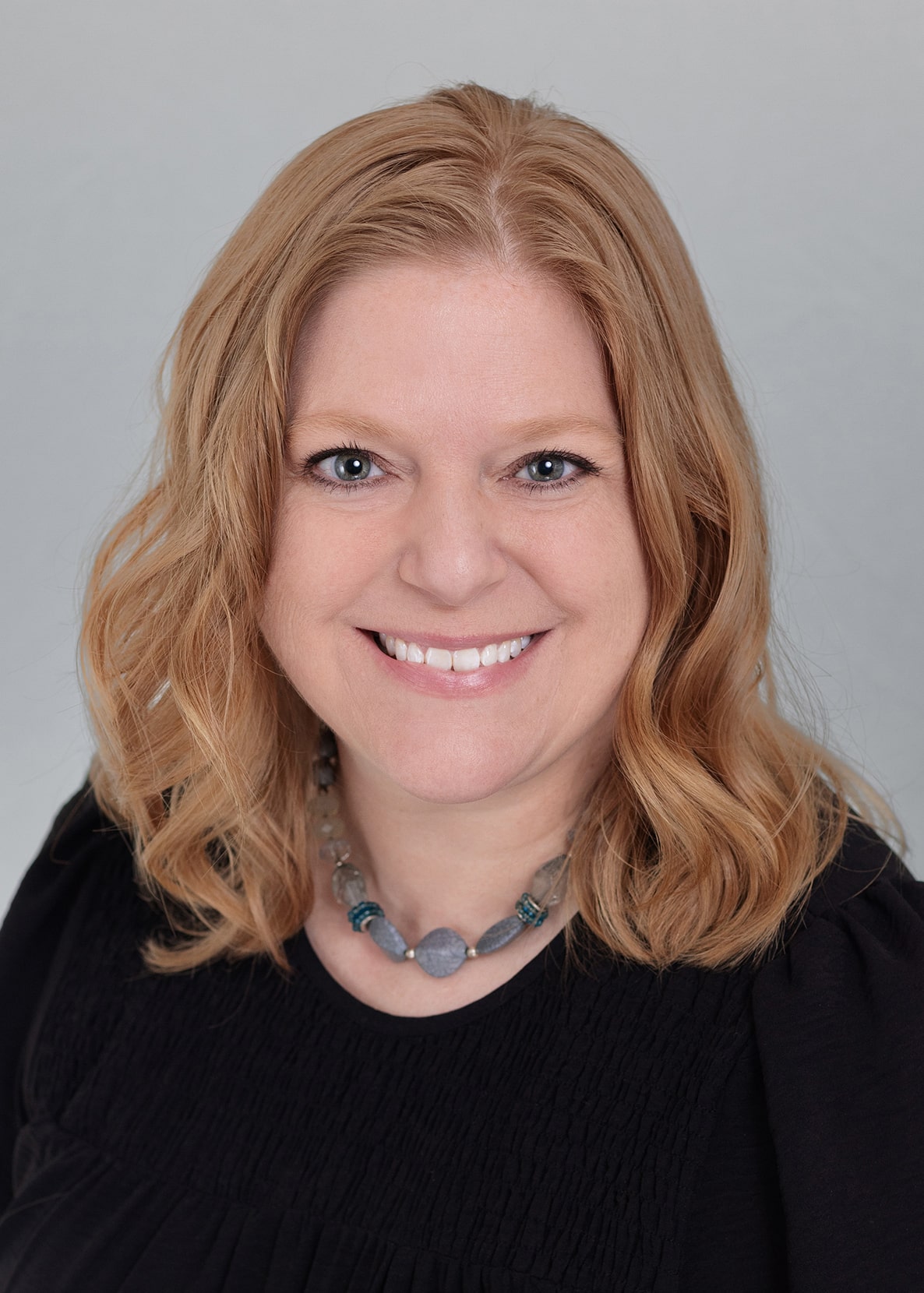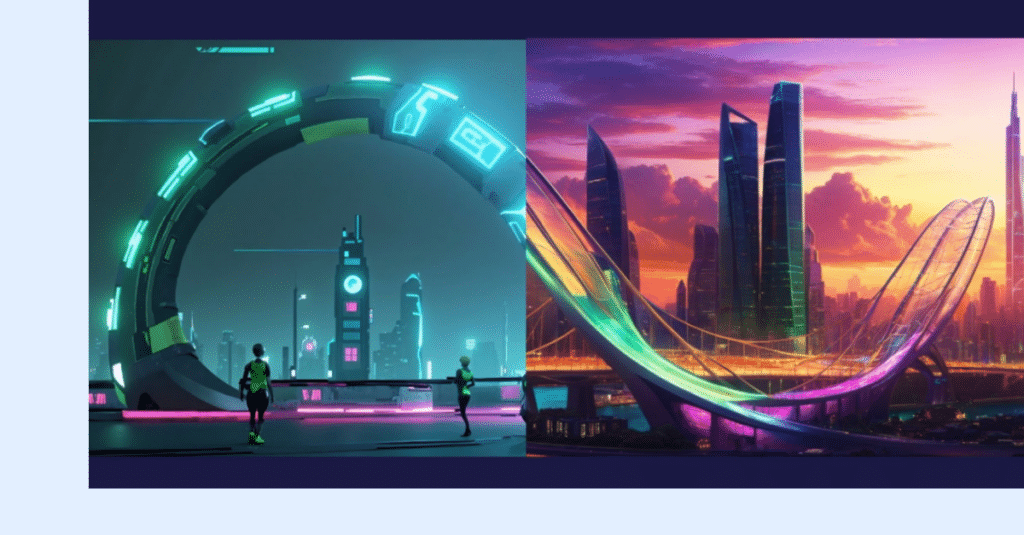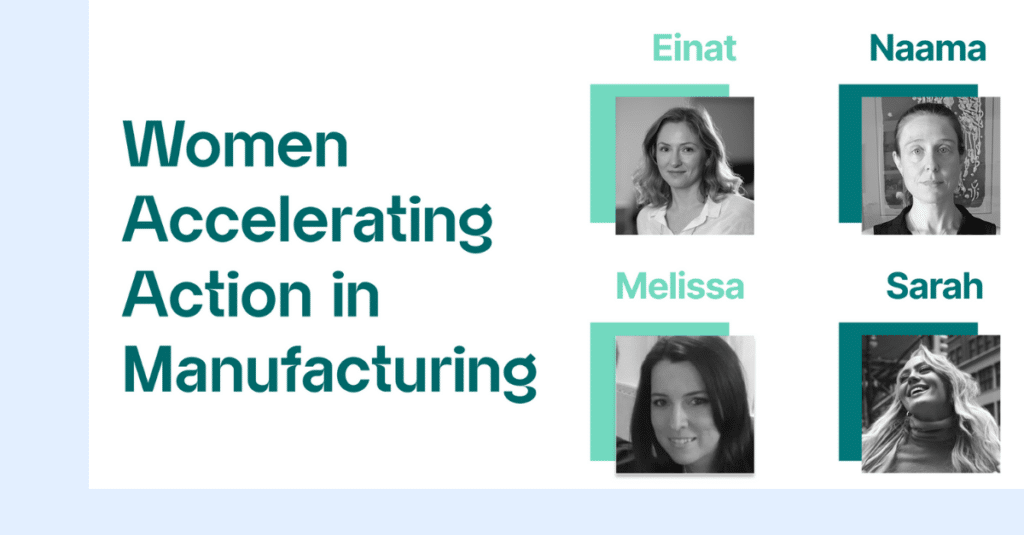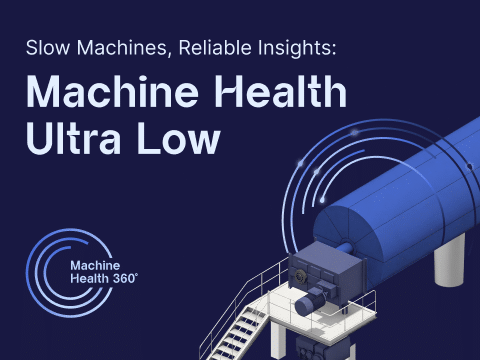
The promise of “life, liberty, and the pursuit of happiness” has drawn people to America’s shores for centuries. In recognition of this promise, we wrapped up Hispanic Heritage Month by interviewing Ed Ballina and his sons Eddie and David. Their multigenerational story of big dreams, hard work, entrepreneurship, and success could (and should!) fill a book. We celebrate their contributions, and the contributions of all Hispanic Americans, to making the U.S. a better, more vibrant place to live and work.
The year was 1969. Ed Ballina was just nine years old when his parents made a fateful decision to escape Cuba. Before the revolution, the Ballinas were a typical, middle-class family. But Ed’s father was not a Communist and after Castro’s rise to power, he was demoted from his job as a warehouse manager to a truck loader. Experiencing increasing oppression under the new regime, the Ballinas made a break for Spain, with the ultimate goal of settling in America.
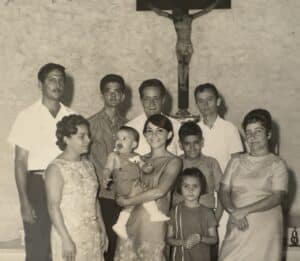
“We left Cuba on a 23-hour transoceanic flight from Havana to Madrid,” Ed remembers. “Then our plane had trouble and we were forced to land in the Azores. It was the middle of the night. The airport was virtually deserted. We hadn’t been fed on the plane–we were only given water. We left Cuba with no money and 40 lbs of luggage.”
Speaking heavily accented English, Ed’s father approached a few U.S. Air Force officers and enlisted men sharing a nightcap at the airport bar, hoping to bum a cigarette. When they realized the Ballinas were refugees, it only took a half hour before a convoy of Jeeps came from the U.S. Air Force base nearby. “They fed us. They gave us everything we needed: soda, gum, water, cigarettes, and sandwiches,” Ed shares with tears in his eyes. “It’s a testament to how great the U.S. Armed Forces are and just one reason why I am unabashedly patriotic.”
Bootstrapping their way to prosperity
Although the Ballinas first emigrated to Madrid, they arrived at their ultimate destination, Elizabeth, New Jersey, on the east coast of the United States in 1971. Initially living with extended family, the Ballinas became American citizens and began to build a new life for themselves.
“I have an older cousin, Honorio Padrón, who was the first in our family to graduate with a college degree,” Ed shares. “And in my mind, there was never a question whether I’d go to college–my father was adamant that I graduate because no one could ever take that sheepskin away from me.” So Ed followed in Honorio’s footsteps, earning a chemical engineering degree from the New Jersey Institute of Technology. Shortly thereafter, he married his wife Heidi, herself an immigrant from Poland who came to the United States when she was only two years old. (“Heidi still speaks Polish and shares her rich culture with the rest of the family,” Ed says. “We are truly multicultural–eating Cuban roast pork and Polish pierogis at our parties where guests are likely to hear four or five different languages being spoken!”)
Ed’s career took off from there, with a progression of roles and increasing responsibilities with Procter and Gamble, Scott Paper Company (now Kimberly-Clark), and finally PepsiCo. During this time, he and Heidi started a family, first welcoming Eddie and then David to the fold. They also moved. A lot. From Pennsylvania to New Jersey to New York state, then onto San Antonio, Denver, Massachusetts, Orlando, and finally back to Pennsylvania. Ed even had a brief stint in Mexico after Pepsi acquired a franchise bottler.
At each step of the way, Ed was living out the American Dream, strengthened by his family ties and upbringing. And while history doesn’t repeat itself, it does hum along to the same tune.
The soft power that comes from family values and tradition
As second-generation Americans, Eddie and David have blazed their own trails, in their own ways.
After high school, Eddie got his start as a motorcycle mechanic, admittedly having a good time and flying by the seat of his pants in his early days. But after meeting his girlfriend and becoming a father, he decided it was time to find a more secure career path with upward mobility. He set his sights on aviation, becoming an A&P mechanic for a regional airline. But the biggest prize was landing a job with Delta, where he worked his way to a leadership role with the airline’s TechOps maintenance group.
Similarly, David graduated high school and went straight to work, first stocking grocery shelves for Pepsi and then pursuing his hands-on passion for cars. Working for AutoZone, Advanced Auto Parts, and dealerships, David got to indulge his love for rebuilding cars. But once he married and started his own family, he also decided to find a new niche where he could use his hands and mechanical know-how to move his career forward. Pepsi, Gatorade, Keurig Dr. Pepper, and Packaging Corporation of America all benefited from David’s strategic, analytical thinking as he upgraded, updated, and streamlined manufacturing machinery and processes.
As they grew their careers, each son lived by the ethos their father and mother instilled in them. The immigrant mentality of hard work, dedication, and smarts was woven right into their DNA. “This is a generality, but most Latinos are taught to be team players and collaborative,” Ed says.
According to Eddie, this is definitely true. “We were raised not to leave anyone behind,” he says. “We stick up for the low guy on the totem pole. You need to help your fellow person out because together, you’re going to become better as a team. That’s the bottom line. If you try to do this individually, you’re going to lose.”
For Eddie, that meant standing on the wing of an airplane in office shoes, showing guys how to get a complex job done, even after moving into an office-based leadership role.
“I love being a teacher and leading by example,” he says. “It sets the precedent that you care about your people. And it echoes throughout the team. A friend of mine told me that he heard a guy on my crew brag about how I came out on the wing in my office attire to help teach the guys how to rig a spoiler. When you do things like that, the folks you lead will do anything for you because they know you have their backs too.”
David agrees. “In the past, I was the guy empowered by a good leader. So when I became a leader myself, I wanted to make sure that I did the same thing for others. I see guys who are where I was five years ago, and I want to take them with me, and give them the opportunity to move up and get where they need to go.”
No rest, just progress
For some folks, achieving success leads to resting on their laurels. But nothing could be further from the truth for the Ballina men.
When Ed retired from PepsiCo five years ago, he took on a role as the first Corporate Advisor for Augury. Sharing the incredible depth and breadth of his knowledge, Ed’s feedback has helped Augury continuously refine and innovate our offerings (and saved many machines in the process!).
He’s also been hard at work building a family business focused on consulting and equipment rebuilds for the beverage industry.
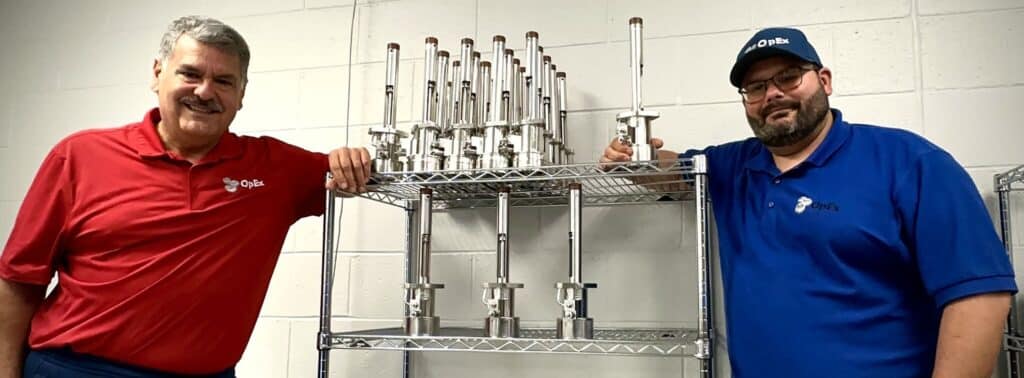
First, he recruited David away from Packaging Corporation of America to serve as general manager. “He essentially designed a layout of the shop. A lot of what we’ve got going here is his baby,” Ed says. Then, he and David were excited to get Eddie on board.
“I wanted a piece of the action too,” Eddie says. Throughout the launch of the company, he had been steadily offering input while discerning his own future at Delta. “Dad was surprised when I told him I was ready to join him and David full-time. But being part of a family business start-up is super special and very cool.”
“Eddie is becoming my little padawan learner,” David deadpans. “I will show him the ways of the Force.”
But Star Wars jokes aside, Ed recognizes that going into business together has strengthened his boys’ relationship with each other, and with him.
“Over the last two to three years, I find myself having leadership conversations with my sons,” Ed says. “I share what’s worked for me, what they should consider trying, or what not to do. Even though they have lovingly nicknamed me ‘Dream Killer’ at times, it’s opened up a different part of our relationship that typically fathers and sons don’t have.”
Looking back with gratitude
As exciting as it is to look ahead and build a new business, the Ballinas are proud to look back and see how their grit and determination got them this far.
“I remember visiting my grandmother back in New Jersey,” David says. “She was a seamstress and my grandfather did the same type of work. They lived in small apartments and that’s how my dad grew up. Knowing that my dad came here with nothing and worked hard to build the life he has now–I’m grateful for the opportunity I have to build this new business with him.”
Interestingly, David has had conversations with his daughter about the family business, too, and just what it will take to be a part of it. “One day she told me that if she can’t figure out what she wants to do with her life, she’ll come rebuild valves with me in the shop,” he says. He set her straight quickly. “If she wants to do it part-time or as a summer job, no problem. But I won’t bring her into this business as a full-time employee without a degree behind her. Because she may be turning wrenches now, but as this company grows, there’ll be so much to do that requires understanding the business part.“ Will the next generation of Ballinas inherit the business? Only time will tell.
Encouraging the next generation of Hispanic Americans
Speaking of the next generation, the Ballinas are deeply invested in what comes next, not only for themselves but for other families like them.
During his time with PepsiCo, Ed was active with their Latino employee resource group, Adelante. Through Ascender Mentorship Pods, he worked with a group of four to six up-and-coming Latino leaders. They would be given a project and Ed served as their sponsor, working with them throughout the year. Recently, he was delighted to reunite with one of those leaders who has risen through the ranks and now serves as a plant manager out in California.
“I’m reaching a point in my life where I want to give back,” Ed says. That starts at home. “I’m grooming my grandson to be CEO,” he half-jokes. “His training has started by cleaning toilets. If he’s putzing around on his phone, he doesn’t get paid. Now he knows that his abuelo (grandfather) is not a nice abuelo in the shop but the CEO!”
But in all seriousness, Ed is clear on this point. “The janitor has the same value as the CEO. I think that comes across to the people we work with on the shop floor. Eddie, David, and I are all very hands-on. We grab our wrenches and lead from the front.”
Further reflecting on what it means to give back, Ed considers kids who may be living on the fringes and their need for positive role models. “We are the face of the new Americans. When those kids see somebody who looks like them, who made it in the world, there’s incredible power in that to change lives. If me or David or Eddie wind up in front of a kid who’s on the edge, thinking about joining thugs because that’s the only way he or she thinks they can survive–we’re here to show them there is hope, there is opportunity, and there are people who are willing to help you.”
Can’t get enough of the Ballina boys? Watch Ed, Eddie, and David as they discuss manufacturing insights on this episode of ChangeOver.
For more info on how Augury helps manufacturers ditch downtime and hit their productivity goals, check out this food and beverage success story.
